You’re not just moving to a new place; you’re rewriting your story.
Moving to Washington isn’t just a change of address; it’s a whole new chapter. And let us tell you, this isn’t your average relocation.
And we know that you are not here for the fluff; you want the ultimate relocation guide to Washington, and that's exactly what this is.
Let’s start with the basics: over 212,000 people moved to Washington in 2024, and some people packed up and left (because the cost of living in Washington isn’t exactly pocket-friendly).
However, the state still attracts dreamers and doers. Why? Because Washington offers something a lifestyle that blends opportunity with adventure.
But here’s the thing: moving to Washington isn’t just about picking a city and calling it a day.
You’ve got questions. Like:
Is Washington a good place to live?
What’s the vibe in different neighborhoods?
How do I even start planning this move?
What are the real pros and cons of living in Washington?
That’s why you need this guide. So, if you're the kind of person who likes to know what they're getting into, then keep reading.
Washington at a Glance
Where Is Washington?
Let’s clear up the confusion right away: Washington State is not where the White House is located. That's Washington, D.C.
Washington State is in the Pacific Northwest, bordered by Oregon to the south, Idaho to the east, Canada to the north, and the Pacific Ocean to the west.
It’s basically nature’s penthouse suite—mountains, forests, coastline, and even a desert or two if you drive far enough east.
Seattle is the largest city in the state of Washington, and Olympia is the state's capital. It’s smaller, quirkier, and full of charm.
Quick Facts
Let’s give you some fast facts about Washington:
- Population: As of 2025, Washington is home to about 8.06 million people, which makes it the 13th most populated state in the U.S.
- Geography: From the rugged peaks of the Cascade Range to the misty shores of Puget Sound, Washington’s landscape is like a greatest hits album of natural beauty.
- Culture: Washington is the birthplace of grunge music, Starbucks, and Amazon. People here care about sustainability, local food, and getting outside. It’s also one of the most educated states in the country.
Washington is one of the most diverse states in the Pacific Northwest. The racial makeup includes 67.8% White, 9.4% Asian, 4% Black or African American, and a growing multiracial population.

Want to know where everyone else is moving (and why)? Check the Latest Moving Trends and see if you’re riding the wave or blazing your own trail.
Pros and Cons of Living in Washington
| Pros | Cons |
|---|---|
| No state income tax | High cost of living in Washington 2025, |
| Stunning natural beauty | Rainy and gray weather |
| Growing job market | Traffic congestion in cities like Seattle and Bellevue. |
| Outdoor lifestyle—hiking, skiing, kayaking, and more year-round. | Housing market is competitive. |
| Progressive and eco-conscious culture. | Sales and property taxes are higher than the national average. |
| Diverse neighborhoods and communities across the state. | Earthquake risk in certain regions. |
| Access to top-tier education and healthcare. | Limited public transit outside major cities. |
| Mild summers—perfect for outdoor fun without the heatwave. | Seasonal affective disorder (SAD) can be common due to low sunlight. |
Cost of Living in Washington
Moving to Washington without knowing the cost is like jumping into a lake without checking the water temp.
Let's break down the cost of living in Washington.
Housing
Let’s start with the big one: rent. If you’re eyeing a one-bedroom apartment in Seattle’s city center, you’re looking at around $1,710/month.
If you want something more affordable, a modest one-bedroom outside the city might cost you $1,421 per month.
Got a family or just like extra space? A three-bedroom in the city center will cost you $3,108/month.
And if you’re thinking of buying, then the average price per square foot in the city is about $489/sqft, which means a 1,000 sqft condo could cost you nearly half a million bucks.
Utilities
For one person, expect to pay around $123 per month for electricity, heating, water, and garbage.
Got a family? That comes out to about $188 per month.
Internet? Around $65 per month for a decent plan.
Groceries
Groceries in Washington are slightly above the national average but not significantly so. Here's a quick look at what you'll be tossing in your cart:
| Item | Average Price |
|---|---|
| Milk (1 liter) | $1.08 |
| Bread (loaf) | $3.75 |
| Eggs (dozen) | $4.31 |
| Chicken breast (1 kg) | $13.00 |
| Apples (1 kg) | $4.90 |
| Cheese (1 kg) | $14.80 |
| Coffee (cappuccino) | $5.26 |
So, if you're a foodie or simply enjoy eating three meals a day, budget around $300–$500 per month for groceries.
Transportation
If you’re living in Seattle or another big city, you might be able to skip the car. A monthly public transit pass costs about $72, and a single ride is around $2.50.
However, if you're in the suburbs or smaller towns, you'll likely need a vehicle.
Gas is about $1.12 per liter, and a basic 5-mile taxi ride will cost you around $18.
Add in insurance, maintenance, and the occasional parking ticket, and you’re looking at $300–$600/month if you’re driving regularly.
Healthcare
Healthcare isn't cheap; on average, you’ll spend about $4,700 per year per person on healthcare, which is roughly $390 per month. This includes insurance premiums and doctor visits.
Childcare & Education
Daycare or preschool can cost around $1,870 per month. And if you're going the private school route, international primary school tuition can reach $23,000 per year.
Public schools are generally free, but the quality of education varies significantly by district.
Entertainment & Lifestyle
Let’s not forget the good stuff. You’re not just moving to work and pay bills.
| Activity | Average Price |
|---|---|
| Gym membership (monthly) | $55 |
| Movie ticket | $14.50 |
| Dinner for two | $80.90 |
| Beer at a pub (0.5L) | $6.98 |
| Haircut | $20.90 |
So, if you're living your best life, you’ll want to budget at least $200–$400 per month for fun and self-care.
The Bottom Line
If you’re a single person living modestly in a mid-sized city, your total monthly cost (including rent, food, transport, and fun) will cost you around $2,600–$3,000/month.
For a family of four, you’re looking at $6,000–$6,500/month, depending on your lifestyle.

Looking for movers in Washington? Browse our full list of Washington moving companies and find the right crew for your move.
Best Places to Live in Washington
Top Cities & Towns for Families
If you’re moving in Washington with kids, you’re probably looking for safety, good schools, and a sense of community.
Here are some family-friendly gems:
- Redmond: It is the home of Microsoft and a suburban dream. Great schools, a lot of parks, and a median household income of over $160K. It's clean, green, and full of families who love biking to weekend farmers' markets.
- Sammamish: This place is like a parenting Pinterest board that comes to life. Safe, scenic, and packed with top-rated schools. It's a bit pricey, but if you can swing it, it's worth every penny.
- Olympia: The state capital is more than just politics. It has a small-town feel, solid public schools, and a strong, artsy, and eco-conscious community. Plus, it's way more affordable than Seattle.
- Spokane: If you want a mix of affordability and family-friendly vibes, Spokane’s your spot. It’s got great parks, a growing job market, and a slower pace that’s perfect for raising kids.
- Bellingham: Located between Seattle and the Canadian border, Bellingham is a college town with a cozy, outdoorsy feel. Great for families who want nature and culture in one package.
Best Areas for Young Professionals
Now, if you’re flying solo or just starting your career, you want energy, opportunity, and a decent happy hour.
- Seattle: If you’re in tech, healthcare, or just love city life, Seattle is your best option. Capitol Hill is walkable, artsy, and buzzing with nightlife. South Lake Union is Amazon territory; modern apartments, rooftop lounges, and food trucks galore.
- Bellevue: It’s clean, upscale, and packed with job opportunities in tech and finance. Plus, it’s got a killer skyline and some of the best sushi in the state.
- Kirkland: A little more laid-back than Bellevue, but still close to the action. It's got a beach-town vibe with a startup spirit. Great for people who want a balance between work and weekend paddleboarding.
- Tacoma: More affordable than Seattle, with a growing arts scene and a cool industrial-chic downtown. It’s perfect if you want city energy without the Seattle price tag.
- Issaquah: Situated at the base of the Cascades, this spot is ideal for professionals who want quick access to both the office and the outdoors. It has a strong job market and a laid-back, community-focused vibe.

Not sure which route to take? Explore the Popular Moving Routes in Washington and find movers who know the Evergreen State like the back of their moving van.
Job Market
Major Industries & Employers
Washington’s job market is like a buffet; there’s a little something for everyone, but tech is definitely the main course.
- Amazon and Microsoft are headquartered here.
- Boeing still holds strong in aerospace and manufacturing.
- Starbucks, Costco, and T-Mobile also call Washington home.
- The healthcare sector is booming, too, with major employers like Providence, MultiCare, and UW Medicine.
Outside the big names, there’s a strong presence in clean energy, agriculture, education, and biotech. So whether you’re a coder, a nurse, a teacher, or someone who just wants to work with their hands, there’s a lane for you.



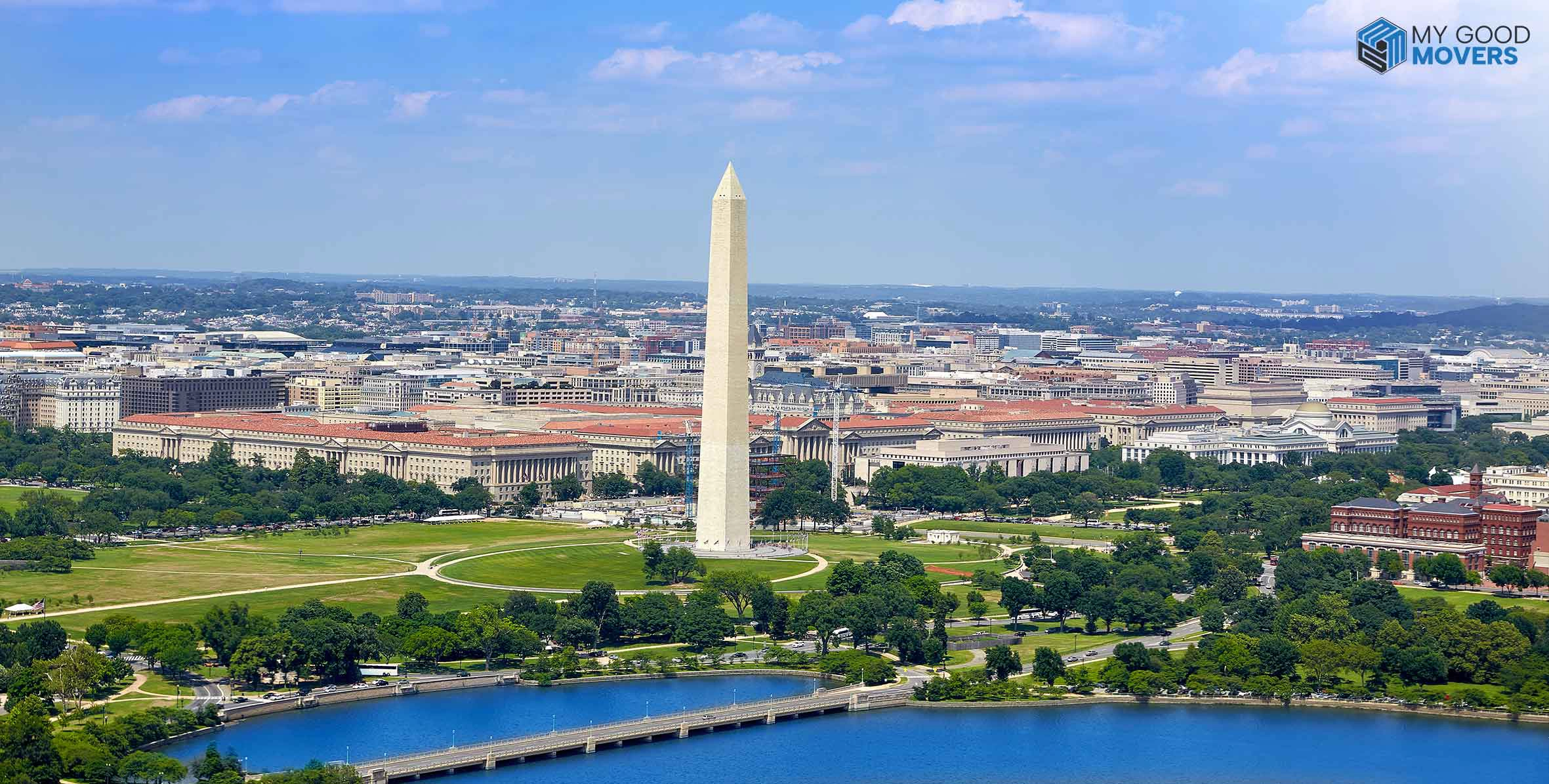

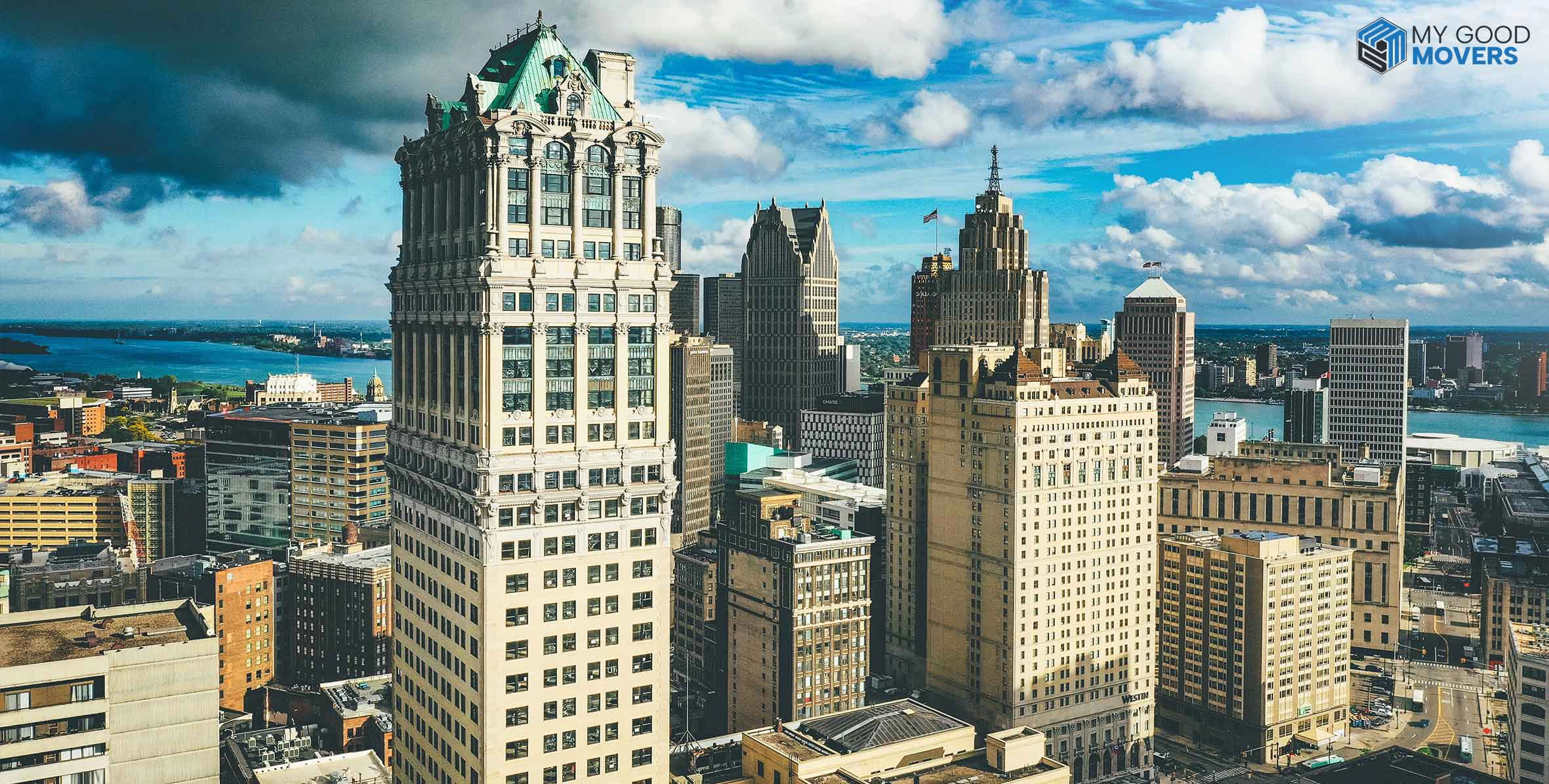

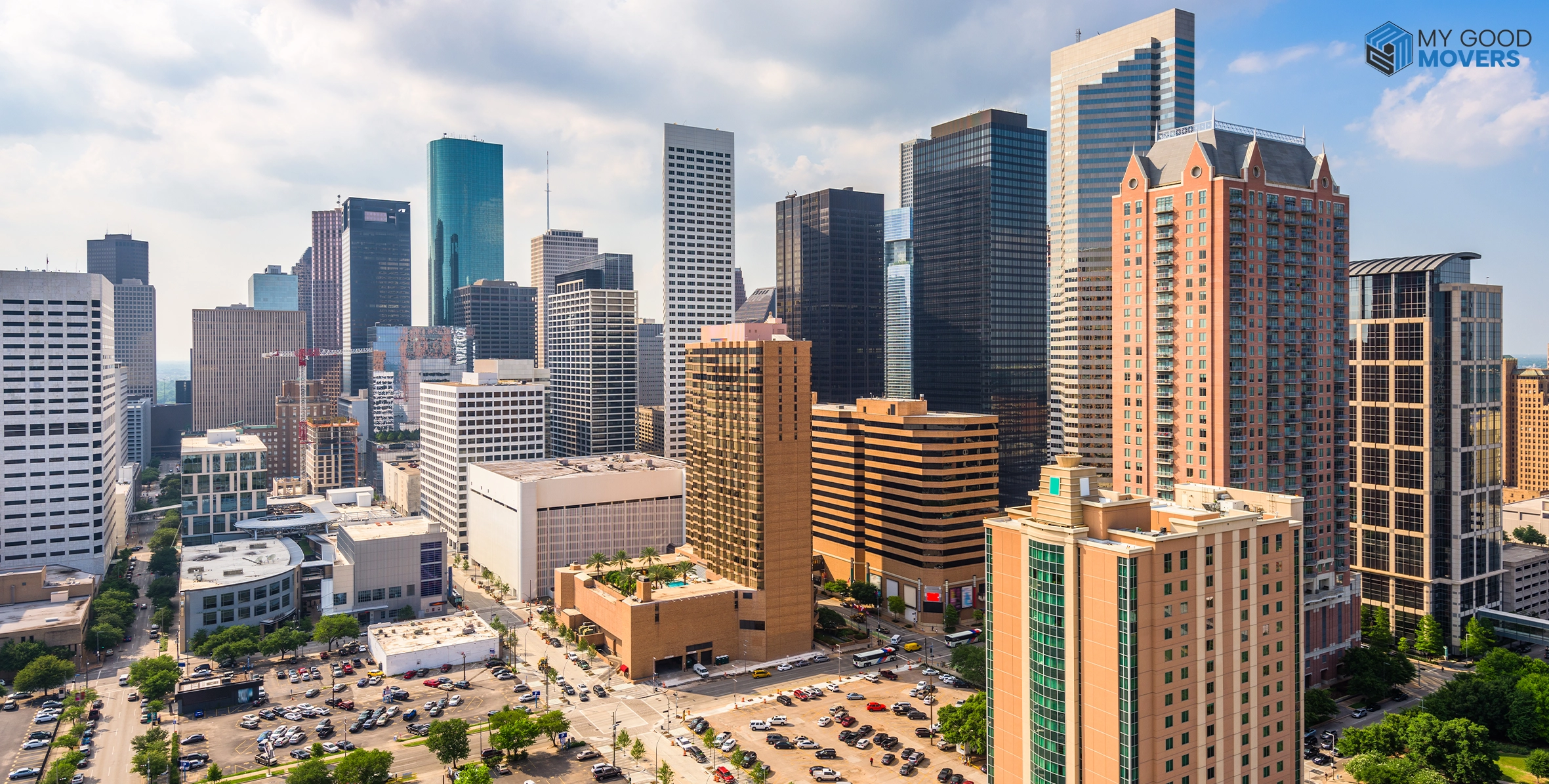
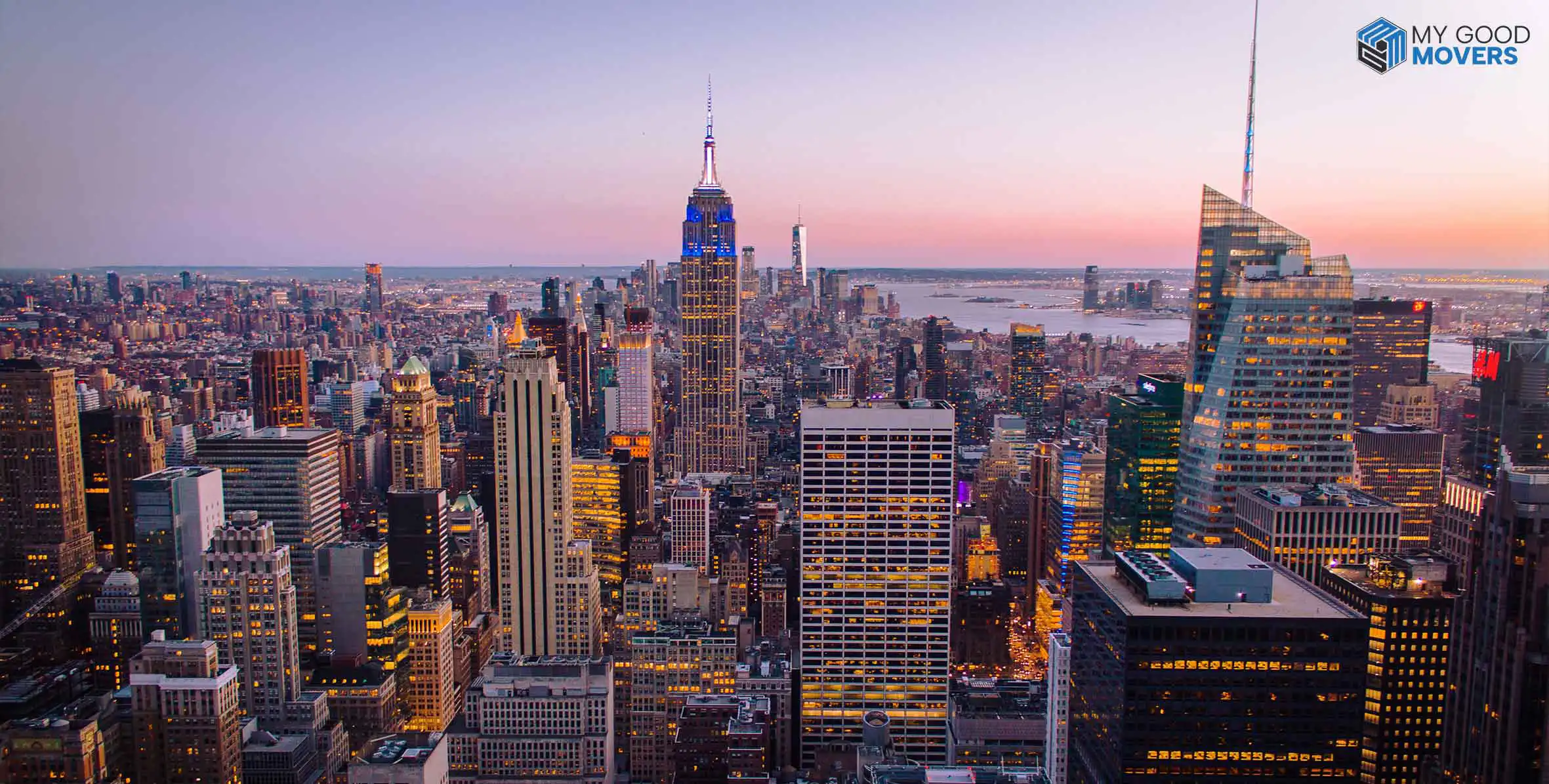

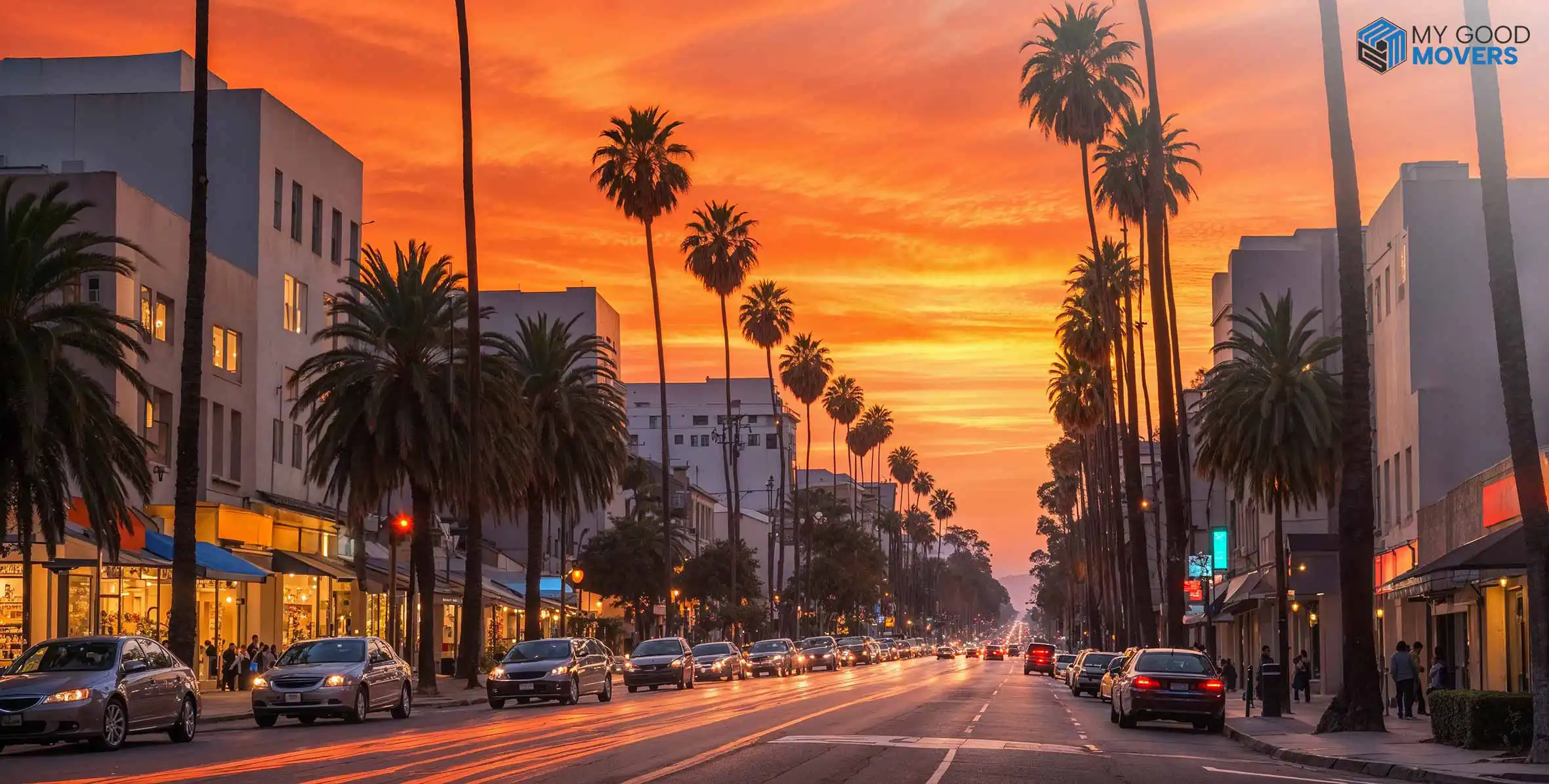
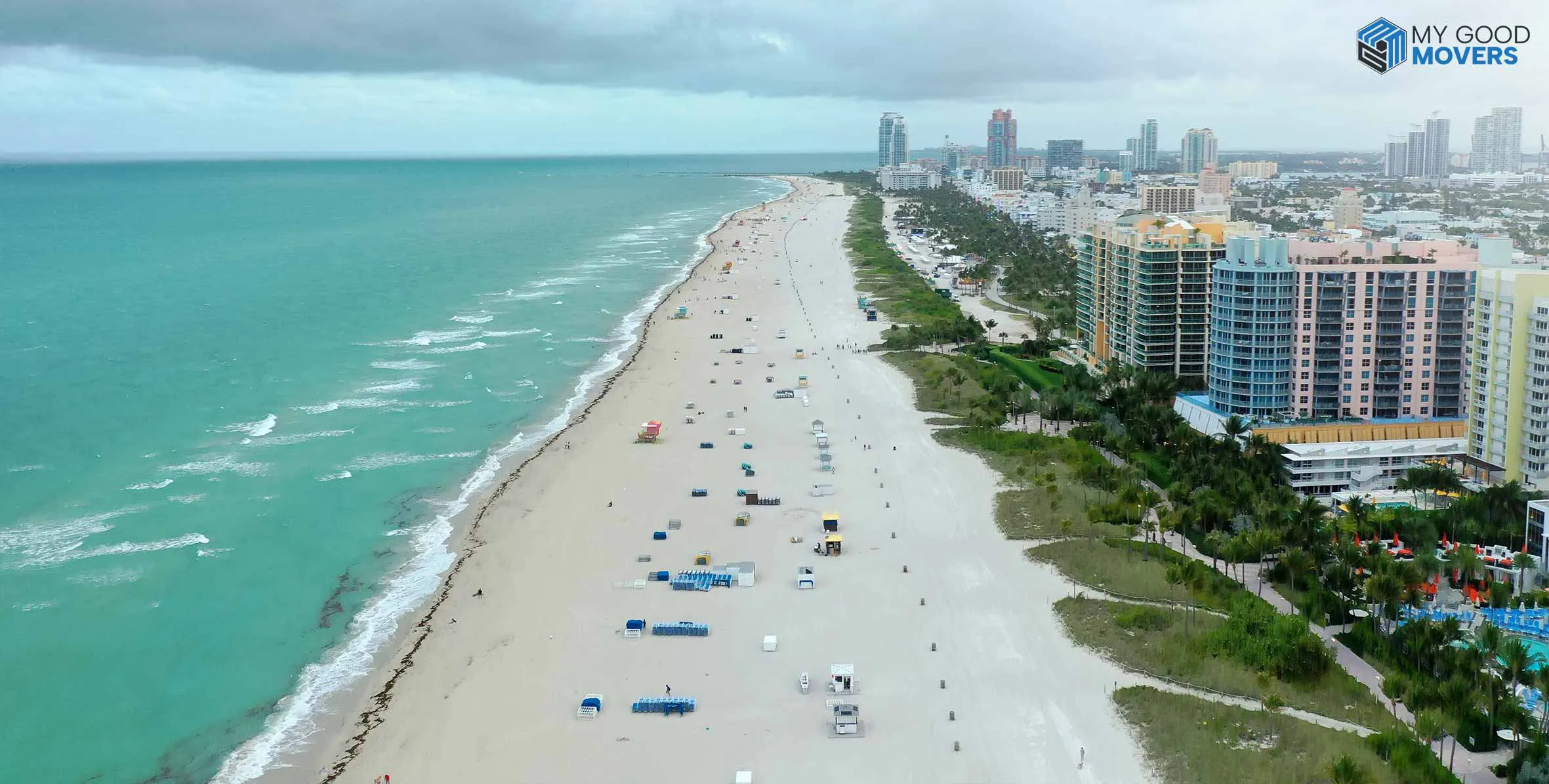
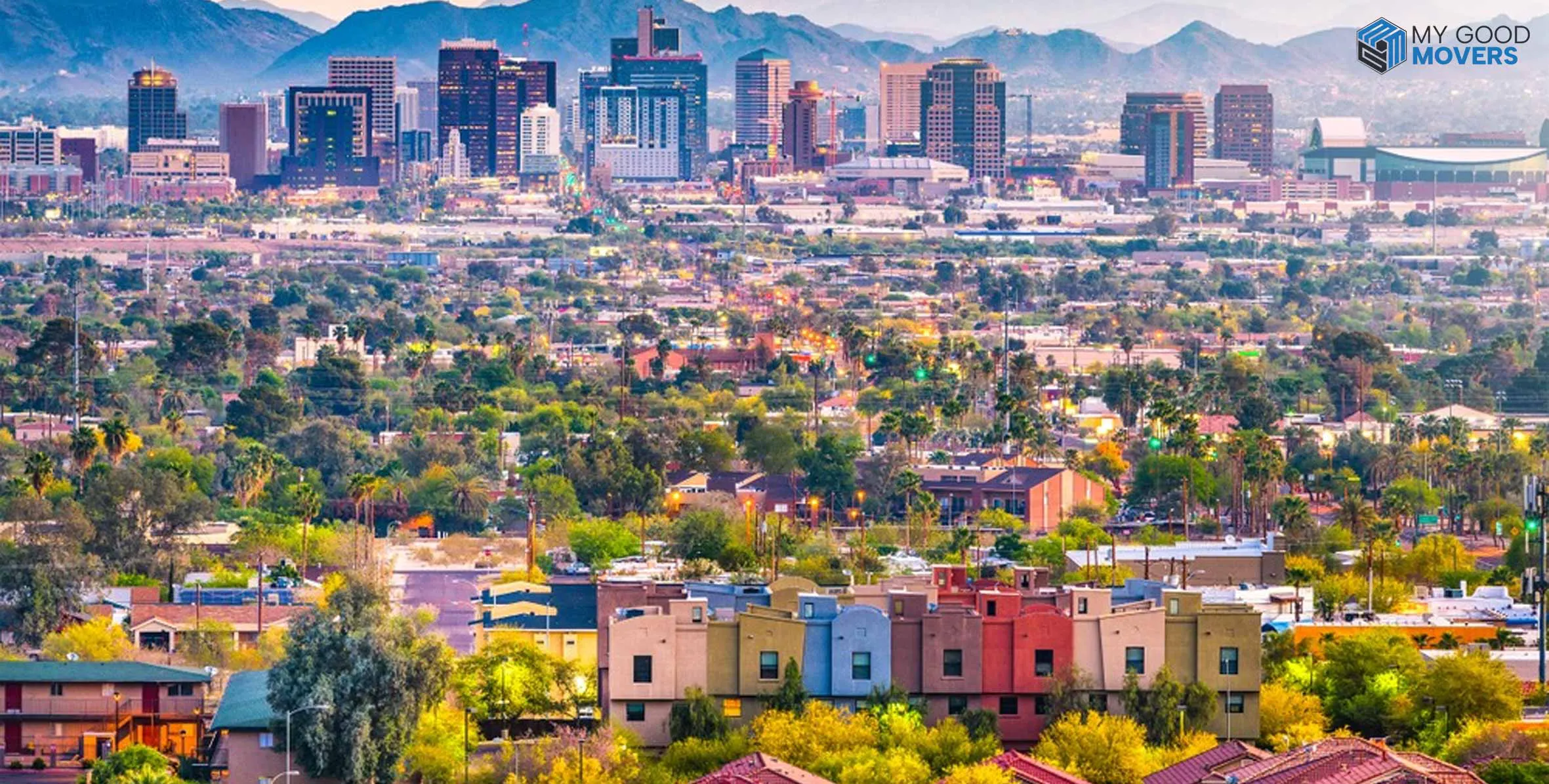
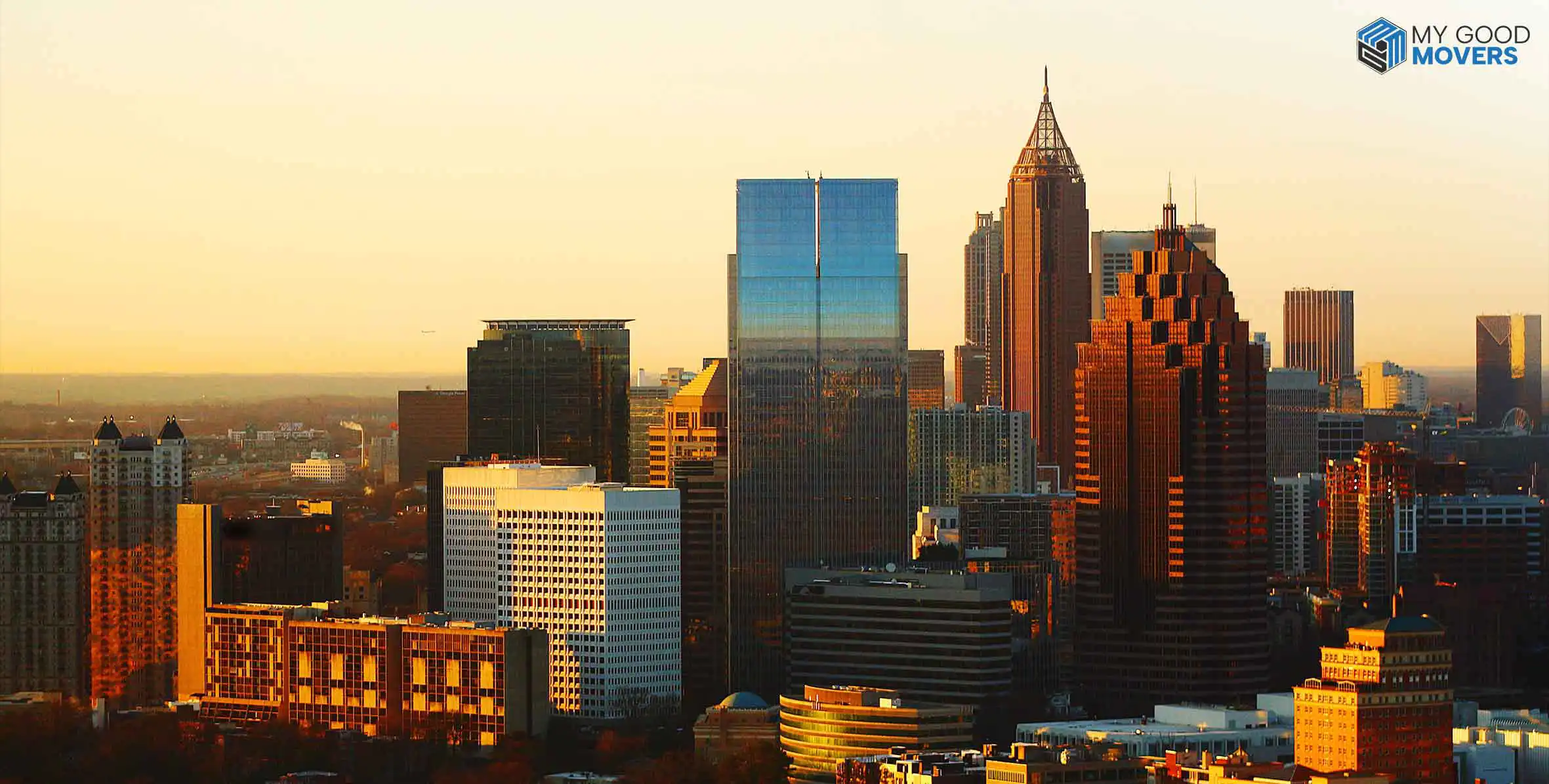
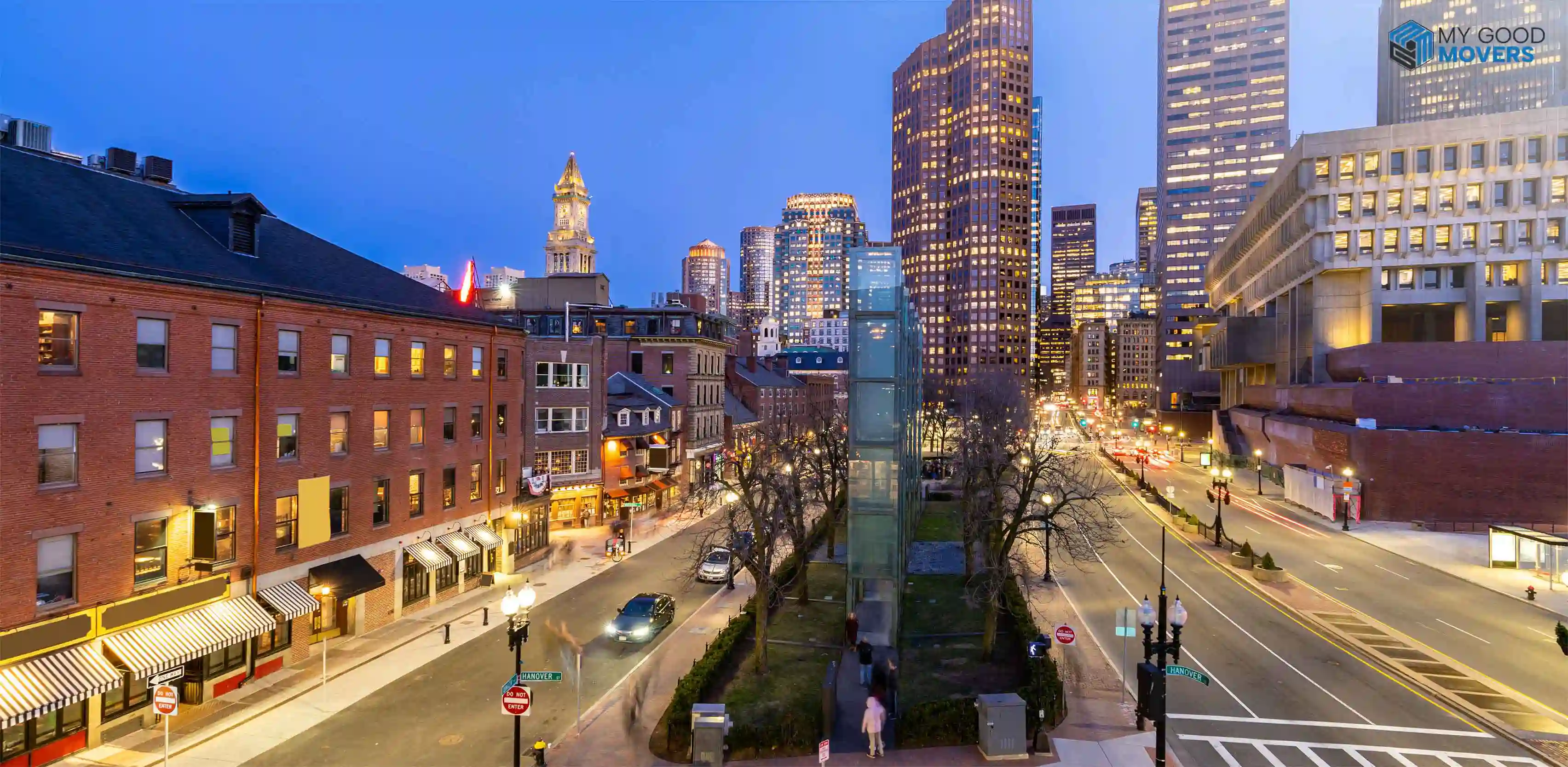
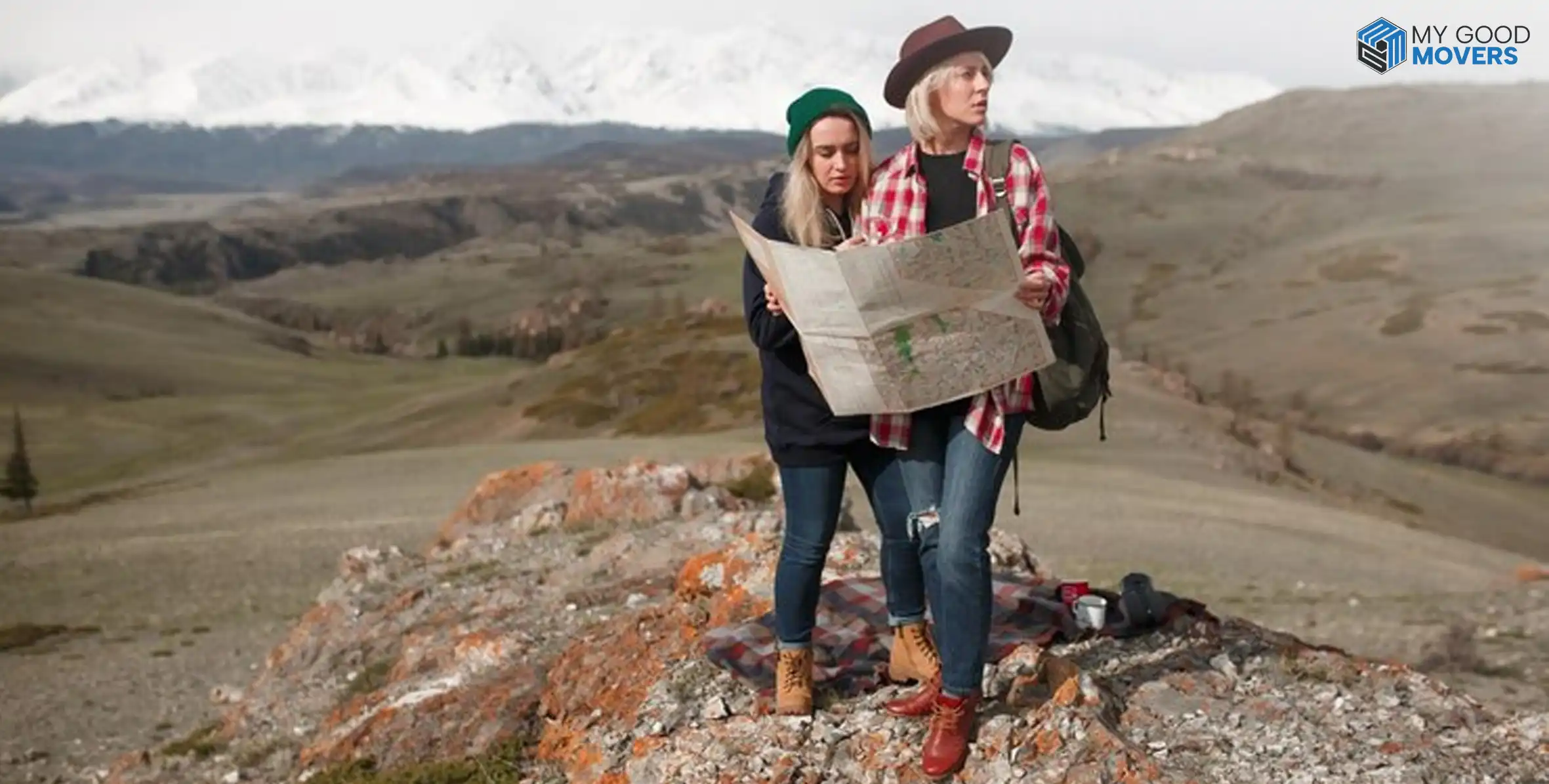






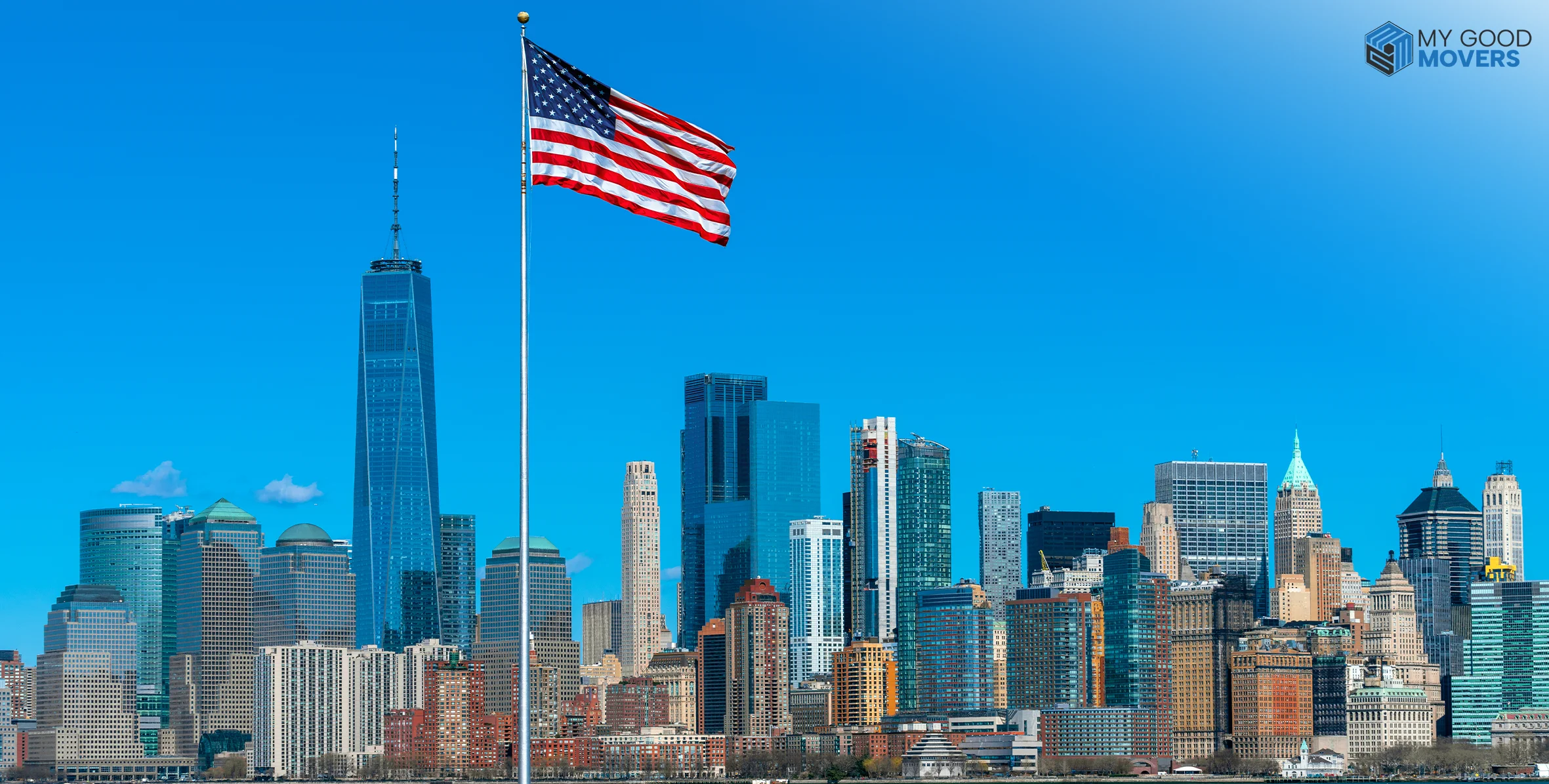

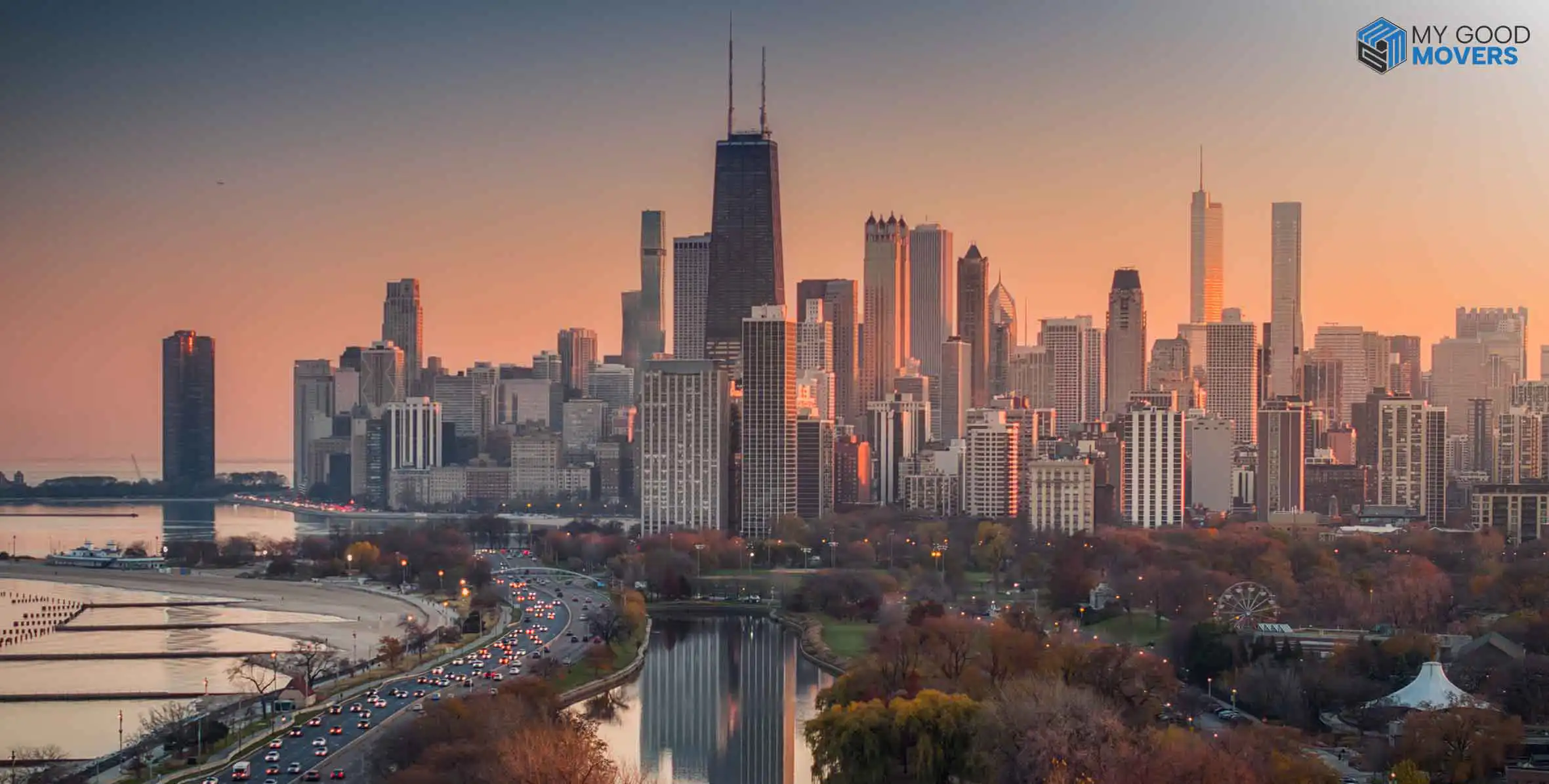


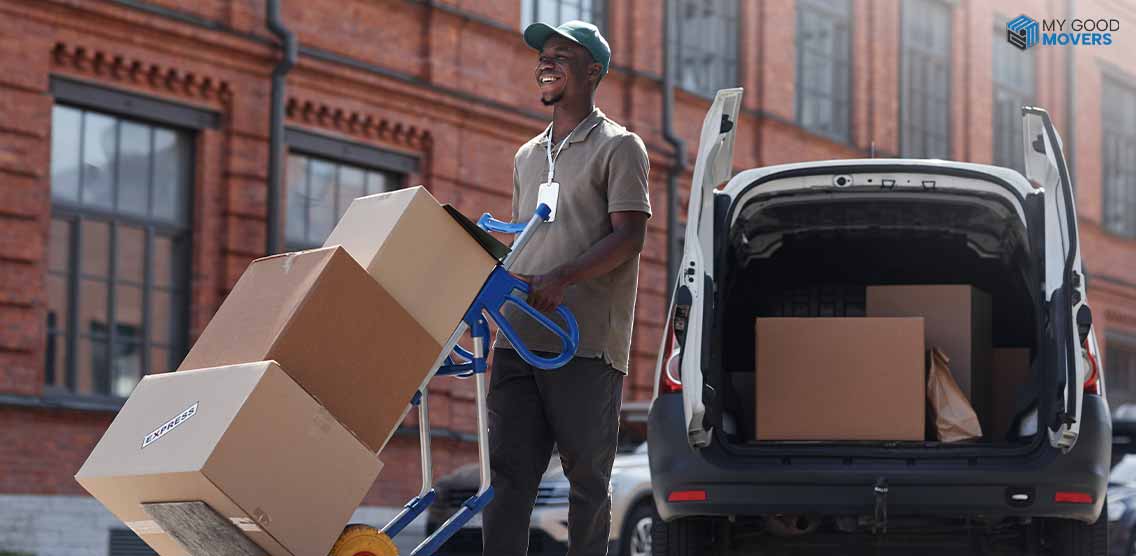

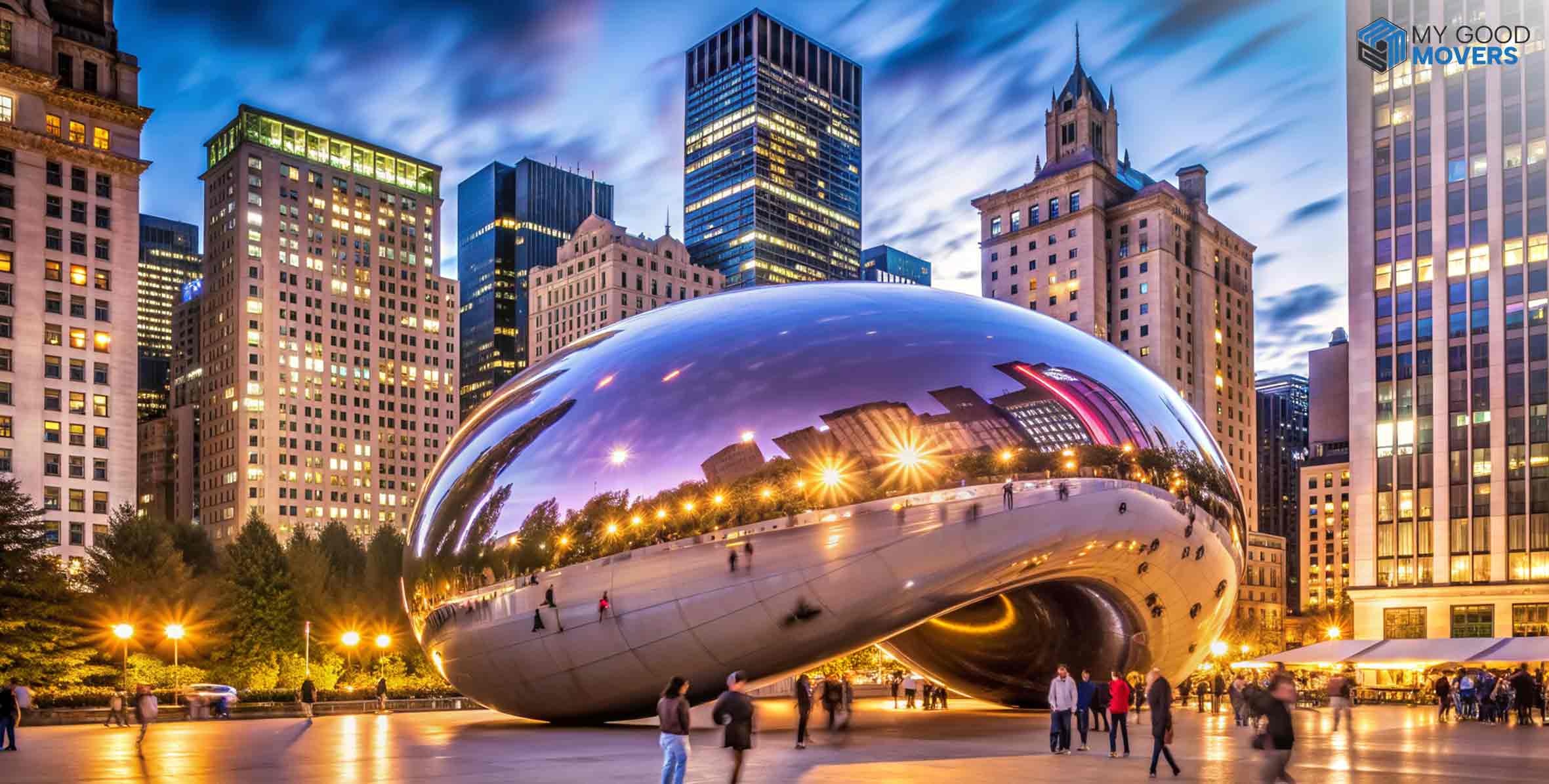
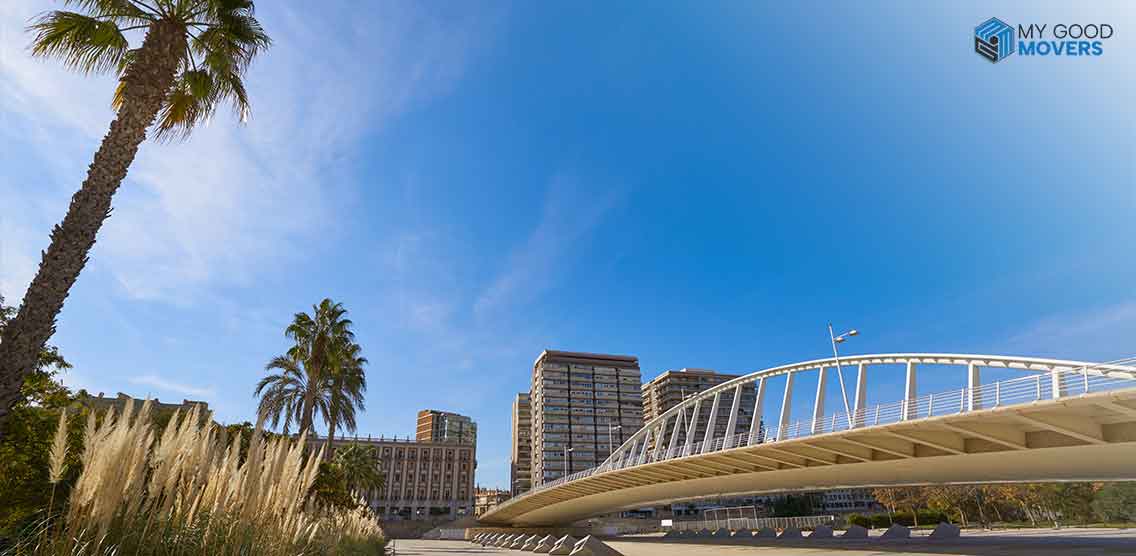
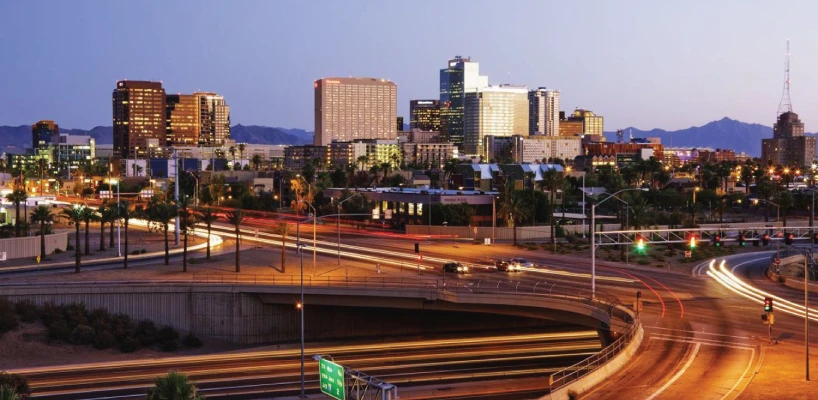
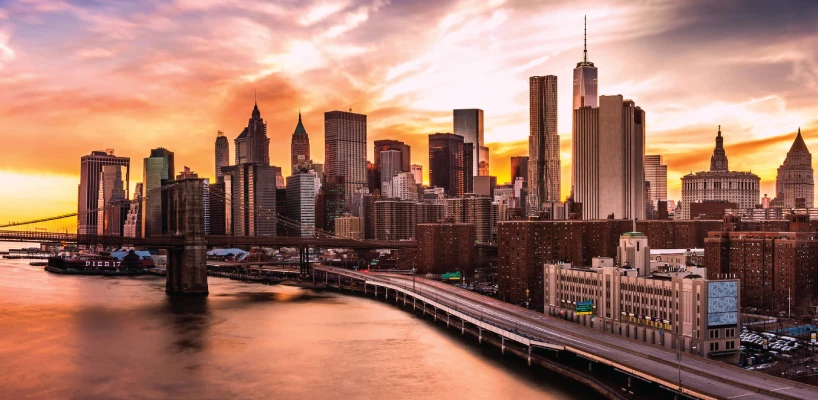

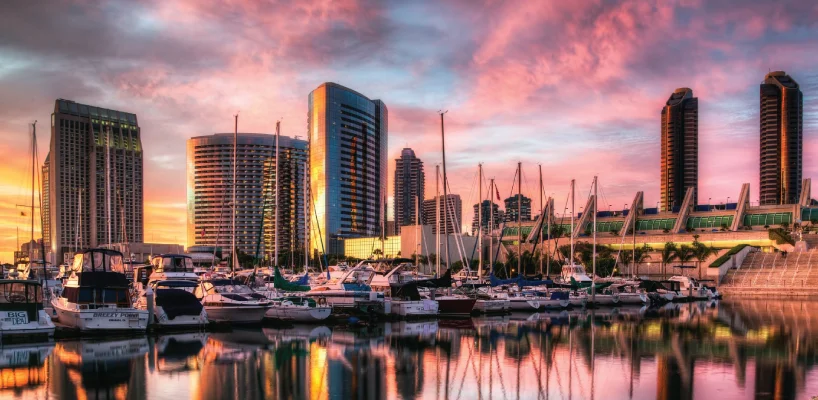

 (239) 799–6077
(239) 799–6077